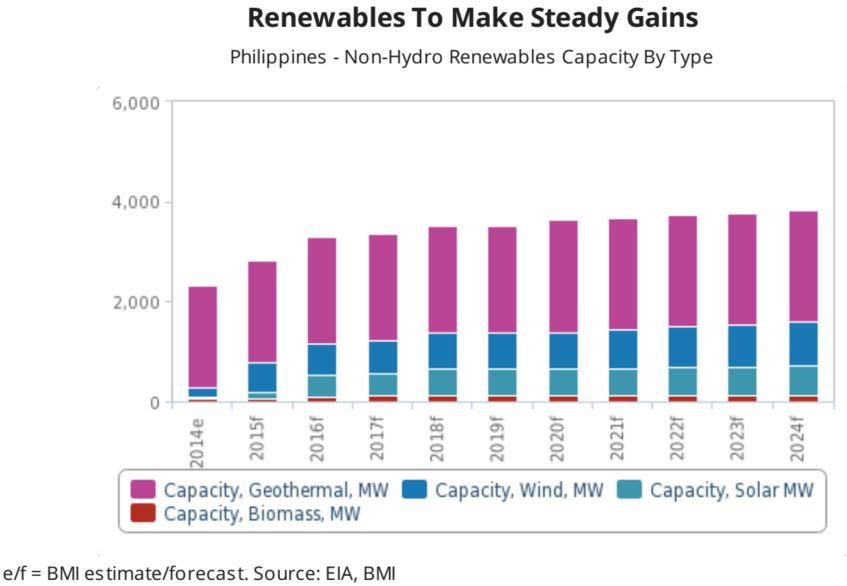
Philippines' non-hydro renewables capacity to hit 4GW by 2024
Will ongoing power supply issues be solved by then?
The strong regulatory environment for renewable energy in the Philippines is a key factor underpinning its relative attractiveness in the ASEAN region. This, according to BMI Research, supports their upbeat forecasts for renewables capacity over the next 10-years. Recent project announcements attest to this view, including the 92.5MW module shipment from Chinese manufacturer JA Solar Holdings.
"We have previously noted in our analysis that the ongoing power supply issues in the Philippines will gradually improve over the coming years as a robust power project pipeline is commissioned. Although the project pipeline is dominated by coal, the pipeline for renewable energy is also strengthening, on the back of the strong regulatory environment in place to attract renewables developers into the market," BMI said.
Here's more from BMI:
The government is committed to expanding the domestic renewables industry and has implemented a number of policies to encourage investment. These include tax incentives, duty free imports on equipment, a feed-in tariff programme (FIT), net metering and utility quotas - amongst other regulations. Furthermore, the Philippines have some of the highest electricity tariffs in the South East Asia region, which allow for attractive returns for prospective developers.
The conducive regulatory environment for renewable energy in the Philippines is a key factor underpinning its relative attractiveness in the ASEAN region and we highlight the market as a bright-spot for investment, along with Thailand and Indonesia. As such, we expect to see robust growth in non-hydro renewables capacity across our 10-year forecast period, with installed renewables capacity totalling nearly 4GW by 2024.
A number of recent project announcements attest to this view, and investment sentiment towards the market has notably picked up over the last six months. For example, renewables developer Conergy announced in October 2015 that it is developing over 200MW of solar capacity across the Philippines - strengthening its market share in the growing Philippine solar market.
Furthermore, in November it was announced that Chinese solar manufacturer JA Solar Holdings had concluded its 92.5MW solar module delivery for solar photovoltaic (PV) project in the Philippines. This represents JA Solar's first entry into the Philippine renewables market and also aligns with our view that Chinese solar manufacturers will increasingly turn to rapidly expanding Asian renewables markets in order to offset some of the overcapacity in their domes tic market. This is a trend we have already observed in Thailand and we expect greater numbers of Chinese manufacturers to seek out the Philippine solar sector.


















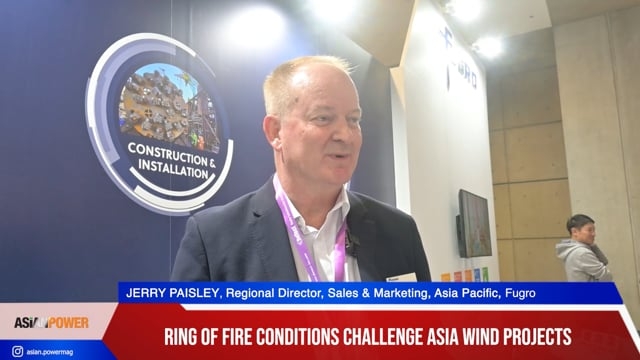
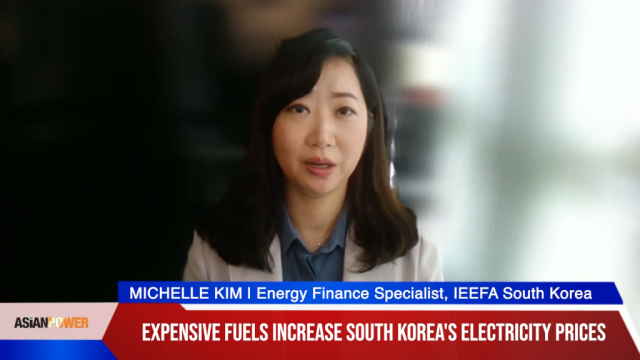
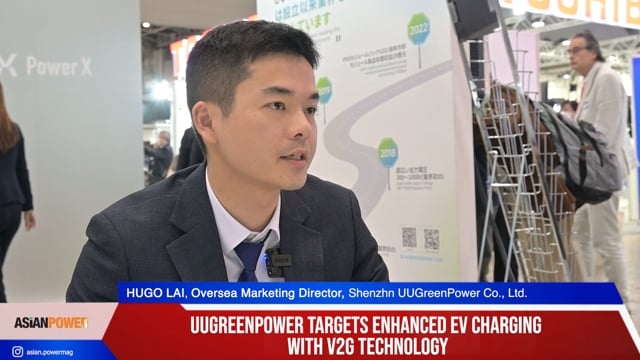
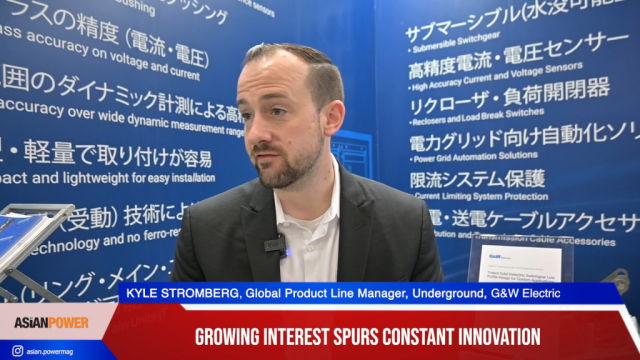

 Advertise
Advertise







